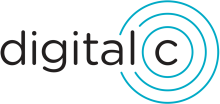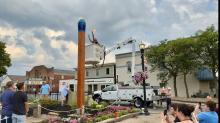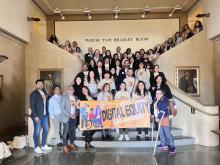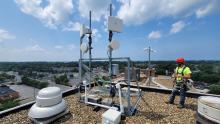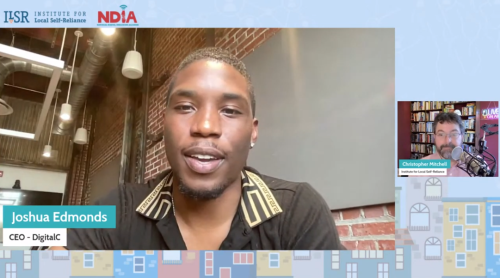Cleveland’s DigitalC Gets $500K Google Infusion For Affordable Fixed Wireless
Innovative digital equity nonprofit DigitalC has been working for years to shore up affordable broadband access in underserved cities like Cleveland, Ohio.
Now the organization is enjoying new momentum for its plans to expand fixed wireless broadband access in the city thanks to a $500,000 cash infusion from tech giant Google. According to a recent announcement, the donation includes next-generation Fixed Wireless Access (ngFWA) equipment from Tarana, which will allow DigitalC to expand its Canopy home broadband service – which provides symmetrical 100 megabit per second (Mbps) at $18 a month – to even more neighborhoods in Ohio.
The nonprofit just celebrated the connection of its 6,000th household in Cleveland, a city once ranked the worst-connected large city in the U.S. by the National Digital Inclusion Alliance (NDIA).
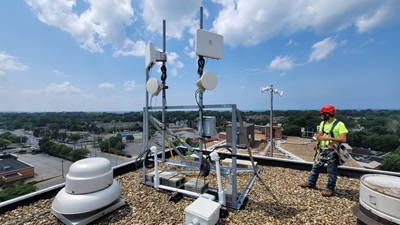
“This meaningful investment from GFiber adds bandwidth to our capacity to scale the Cleveland Model,” DigitalC CEO Joshua Edmonds said of the cash infusion. “This community-based blueprint proves that next-generation technology can be deployed quickly, trusted deeply, and scaled effectively to deliver the superior internet experience more communities deserve.”


